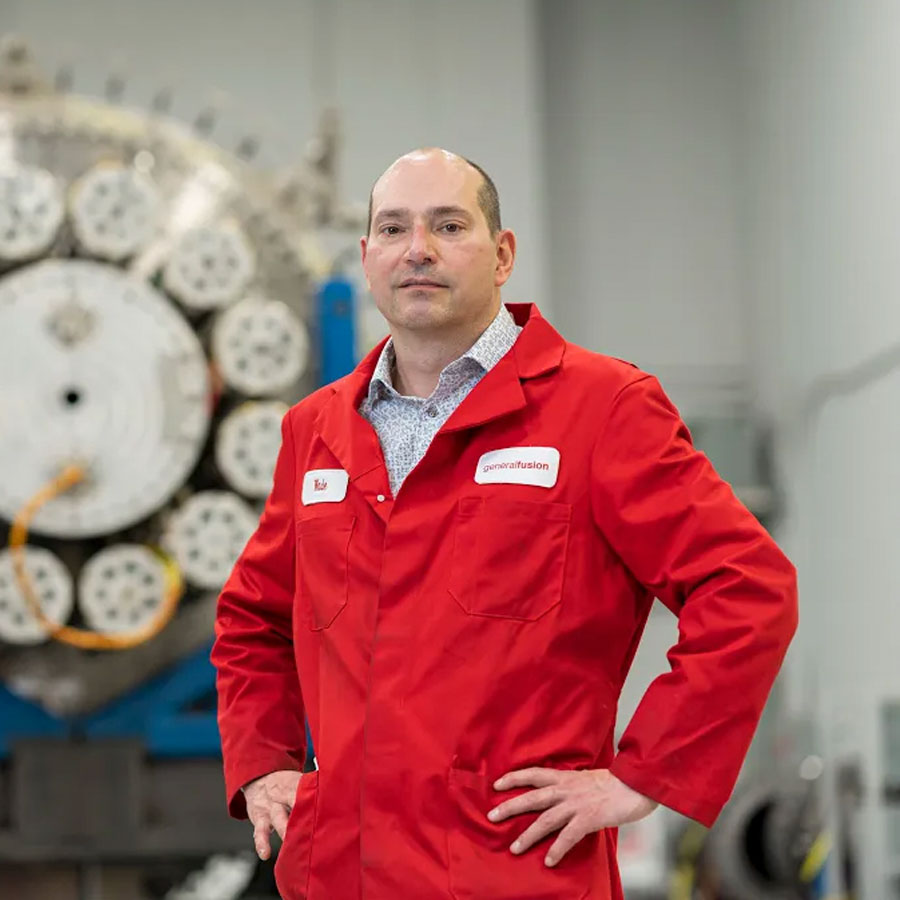The momentum is building.
In December, the eyes of the world were on Paris and the COP21 climate summit, the landmark agreement, and the important global goals for mitigating climate change. Fast forward a few months, and we saw the impact of that agreement landing in Canada, with the GLOBE Conference, and the First Ministers’ Meeting on Climate Change taking place at the same time in Vancouver.
The scale of the challenge we have set ourselves is incredibly daunting. In order to limit temperature increases to 1.5 degrees Celsius above pre-industrial values and achieve carbon neutrality by 2050, we need to act decisively with all the tools available to us today and make major investments in innovation for tomorrow. The world needs to get to zero GHGs in a hurry, and as we make progress, the challenge only becomes more and more difficult.
I had the opportunity to participate in a number of the events in Paris associated with the COP21 conference, and meet with members of the Canadian delegation. The enthusiasm was palpable, as was the sense that this was a historic moment in the fight against climate change.
At the start of the Paris Conference, a key theme emerged with the announcement of the Mission Innovation agreement and the Bill Gates-led Breakthrough Energy Coalition. Put simply: clean technology R&D has never been more important.
The innovative advances in cleantech during the last decade are already making a massive impact, with the cost of solar and wind energy dropping faster than most expected, and annual global investment in clean generation now into the 100s of billions of dollars. Investing in renewables makes sense: the urgent need to bring emissions onto a downward trajectory means we need to deploy the technologies available to us today as rapidly as possible.
At the same time, we cannot afford to let up on our investments in innovation. These remain early days in the fight against climate change, and the technologies we have today can make a lot of progress in reducing emissions 10%, 20%, 30% and more, but as we progress toward carbon neutrality, things will get more and more difficult. Discovering and developing advances in cleantech could make the difference between stalling out in emissions reduction and achieving the world’s climate goals. Breakthrough technologies such as fusion energy could become powerful weapons in the fight against climate change. In the words of Bill Gates: “We need to move faster than the energy sector ever has.”
This message resonated through the GLOBE Conference and the First Ministers Meeting here in Vancouver, not only because innovative cleantech will be critical to meeting our emissions reductions targets, but also because it is a huge economic opportunity. Canada is a committed participant in Mission Innovation, joining the pledge to double its investment in energy R&D. So the cloud of urgency has a silver lining of economic opportunity.
This combination of urgency and opportunity is driving the momentum I referred to at the outset of this piece. The optimist in me hopes it will be enough to take us where we need to go – the turn of the tide on climate change.
Michael Delage

